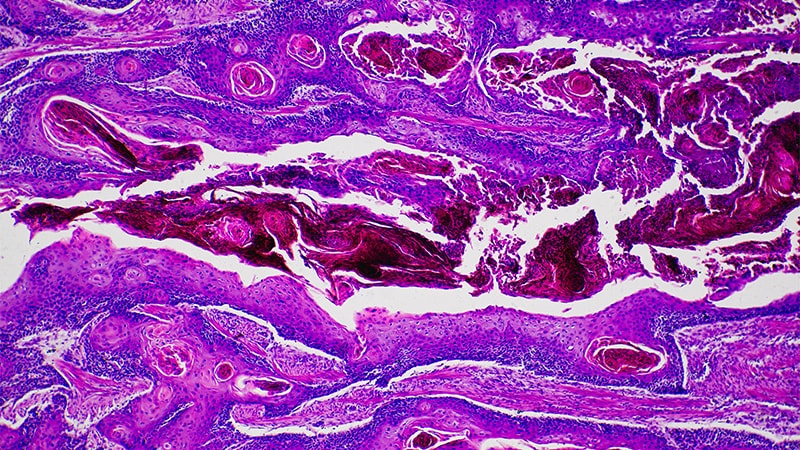Data from the British Society for Rheumatology Biologics Registry (BSRBR) show no association between the use of TNF inhibitor (TNFi) therapy and subsequent incidence of joint replacement in patients with rheumatoid arthritis (RA).
A study, published in the journal Rheumatology, used data from the BSRBR for rheumatoid arthritis (2001-2016) to estimate the comparative effectiveness of TNFi vs conventional synthetic DMARDs (csDMARDs) on subsequent rates of total hip replacement (THR) and total knee replacement (TKR).
The matched analysis contained a total of 19,116 patient records. Overall, there was no significant association between TNFi use vs csDMARDs on rates of THR (HR, 0.86; 95% CI, 0.60-1.22). However, when stratified by age, TNFi was associated with a significant 40% reduction in THR incidence among patients aged 60 years old and older (P=.008), although non-significant increases were observed in TKR for the same age group and in THR for those less than 60.
The emergence of biologic therapies has revolutionised the management of RA. Despite this, there is a lack of research examining whether biologic therapies prevent or delay joint failure, as indicated by the need for a joint replacement. The findings of this study call for further research to elucidate the relationship between TNFi use and joint replacement, the authors say.



